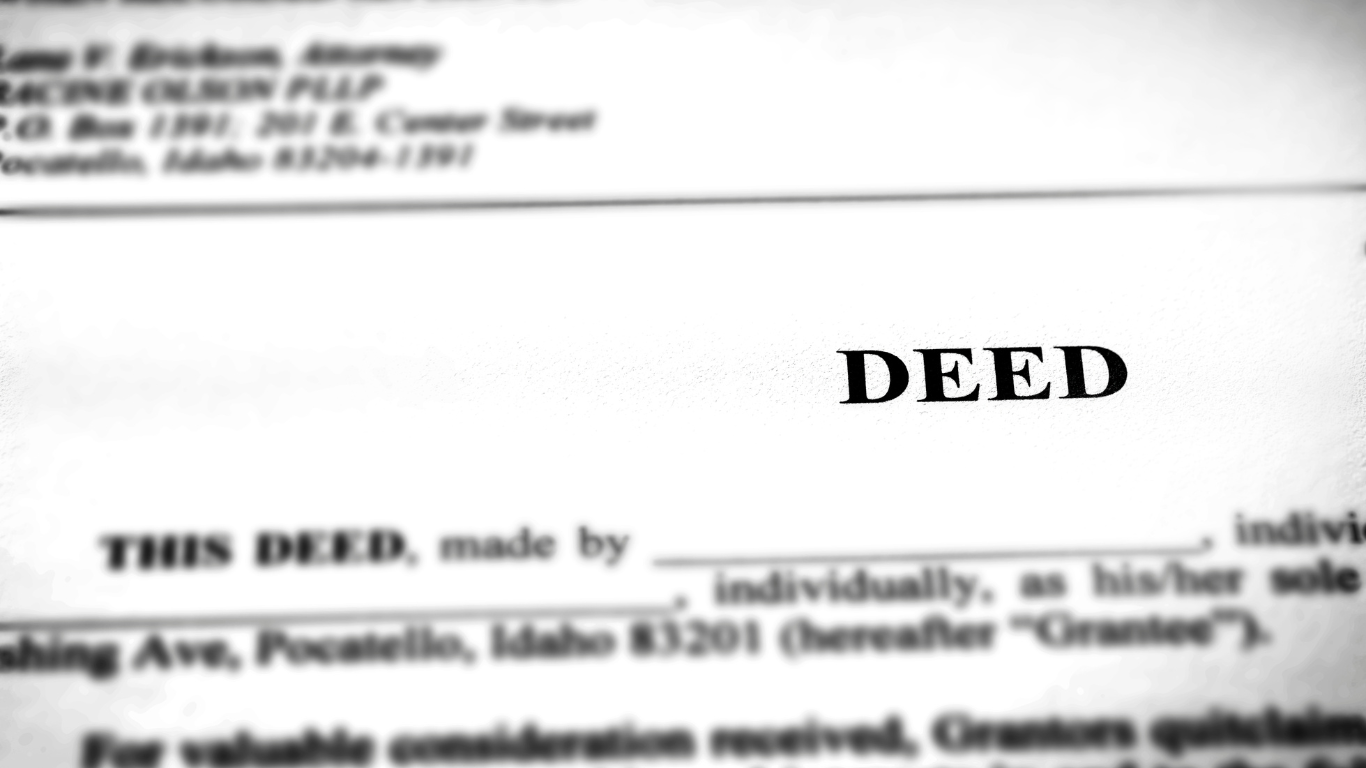In the intricate and often confusing world of real estate, the term “Title Abstractor” may be unfamiliar to many. Yet, this profession plays a vital role in ensuring smooth property transactions, safeguarding legal rights, and providing clarity in ownership matters. But what exactly is a Title Abstractor, and when might you need one? This article delves into the profession’s definition, responsibilities, and importance, exploring the circumstances under which you might require their specialized services when you’re interested in title insurance.
What is a Title Abstractor?
Delving into property law, let’s first explore the role of a Title Abstractor, a key figure in real estate transactions.
- Historical Background
Title abstracting has its roots in the early days of property law, evolving over centuries to become a specialized profession. Initially, it was a rudimentary process, but with the complexity of modern real estate, it has become an essential part of property transactions.
- Job Description
A Title Abstractor’s primary responsibilities include researching property titles, verifying ownership, and identifying encumbrances such as liens or easements. Their skills often require a keen eye for detail, legal knowledge, and proficiency in handling various information sources. They must sift through historical records, legal documents, and other data to accurately represent the property’s title history.
- Importance in Real Estate
In real estate transactions, a Title Abstractor plays a crucial role in ensuring that property titles are clear of any legal hindrances, facilitating a smooth ownership transfer. Their work is vital in preventing potential legal disputes and ensuring that all parties involved in the transaction are protected.
The Process of Title Abstracting
Understanding the process of title abstracting is essential for anyone buying or selling property. Here’s what it entails.
- Researching Property Titles
This task involves extensive title searching using public records, legal documents, and other sources to verify the property’s ownership history. It’s a meticulous process that requires understanding various legal terminologies and the ability to interpret complex documents.
- Identifying Encumbrances
A Title Abstractor identifies any legal restrictions, such as liens, easements, or other encumbrances, that might affect the property’s use or transfer. This step is crucial in preventing future disputes and ensuring the buyer knows about potential limitations. - Creating a Title Abstract
The final abstract is a concise summary of the property’s title history, presented to clients, usually in a written report. It includes all relevant details, such as previous owners, legal restrictions, and other pertinent information.
When Do You Need a Title Abstractor?Knowing when to engage a Title Abstractor can save you from potential legal hassles. Here are some common scenarios where you’ll require such services:
- Buying or Selling Property
Clear title is essential in property transactions, and a Title Abstractor helps mitigate risks associated with ownership disputes. They ensure the property is free from any hidden legal issues that could affect the transaction.
- Legal Disputes
In legal matters concerning property ownership, a Title Abstractor’s work can be vital evidence in court. Their research can help resolve conflicts and provide clarity in complex legal situations. - Mortgage and Refinancing
Lenders often require title abstracting to protect their interests, making this service essential for mortgage and refinancing processes. It ensures that the lender’s investment is secure and that the property is free from any encumbrances that could affect its value.
- How to Choose a Title Abstractor
Selecting the right Title Abstractor is crucial for a smooth real estate transaction. Here’s what to look for when making this important decision. - Qualifications and Experience
Look for licensed professionals with specialized training in title abstracting. Their experience and qualifications will be crucial to assure you of accurate and reliable work.
- Considerations in Hiring
Reputation, cost, and availability are key factors when hiring a Title Abstractor. Researching online reviews, asking for references, and comparing costs can help you make an informed decision.
Potential Challenges and Risks
While title abstracting is essential to real estate, it’s not without challenges and risks. Here’s what you need to be aware of.
- Errors in Abstracting
Mistakes in title abstracting can have serious consequences, leading to legal disputes or financial losses. Choosing a reputable professional who can provide accurate and thorough work is essential. - Fraud and Misrepresentation
Be aware of warning signs and take measures to protect yourself from potential fraud. Ensuring that the Title Abstractor is licensed and has a solid reputation can help you avoid unnecessary risks.
Understanding the role of a Title Abstractor is essential for anyone involved in real estate transactions or legal property disagreements. Their expertise in researching and summarizing property titles ensures that ownership rights are clear and legally sound. Whether buying, selling, or refinancing a property or resolving legal issues, the services of a Title Abstractor can be invaluable. If you need title abstracting services in the greater New Jersey area, consider reaching out to Cortes & Hay. With over 50 years of experience in the industry, we have the expertise and reputation to handle all your title needs. Our dedicated team of professionals provides accurate and reliable service, ensuring a smooth, legally secure process. Don’t leave such a critical aspect of your property transaction to chance; contact Cortes & Hay today and guarantee peace of mind in your real estate endeavors.

